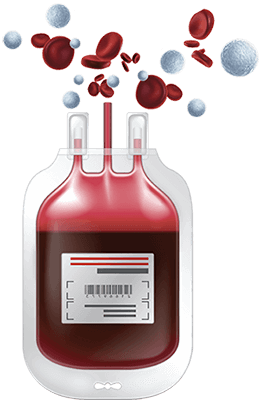Canada's Largest & Oldest Cord Blood Bank
Toddlers at this age loves to feel in charge. Let your little one develop his or her independence by allowing her to ‘help’ with daily tasks around the house.
Milestones This Month
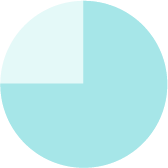
Most toddlers can
- Pretend feed a doll
- Throw objects to imitate you
- Take off clothes with help
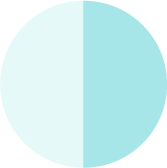
Half of the toddlers can
- Enjoy pretend play
- Walk up the stairs alone
- Play hide-and-seek for hidden toys

A few toddlers can
- Draw a straight(ish) line
- Name certain body parts
- Speak up to 50 words
Toddler Development at 20 Months
Even though your toddler is very mobile at this stage, he or she can still be a bit clumsy. This is because your little one is still learning to control his or her body perfectly. You may notice things like walking on tiptoes or with toes pointing in still. Keep helping your toddler perfect moves like kicking or throwing a ball or jumping to help along.
Toddlers like to experiment. But in some cases, the experiments may involve undesirable actions like hitting, biting or pushing. It is important to remember not to overreact if/when this type of behaviour happens. You will want to explain to your toddler why hurting others is not ok. Do not try to ‘show’ your toddler that hitting or biting causes pain by reciprocating his or her actions. Modeling proper behaviours and praising positive behaviours are two good ways to help your toddler understand.

Most toddlers are temperamental, but some have an extremely difficult time adapting to change. Bringing up a sensitive toddler can be challenging as he or she may be picky about food, resist change and even be bothered by little things like a seam or a tag on clothing. It is best to not fight against your child’s natural temperament. Instead help him or her along by seeing things from your toddlers’ perspective and introduce new things gradually. If your toddlers’ sensitivity is interfering with his or her ability to function normally, you may want to think about seeking the opinion of a healthcare expert.
Toddlers are curious about just about everything. However, this month you may notice he or she is interested in genitals. There is no need to worry about this newfound curiosity, unless, your toddler is constantly playing with his or her genitals. Try not to make a fuss about the behaviour in public and explain to your toddler that certain things can only be done in private.

Toddler Tip
If hair washing has become a difficult task, try distracting your toddler with a toy, a task or a mirror while your rinse out his or her hair.
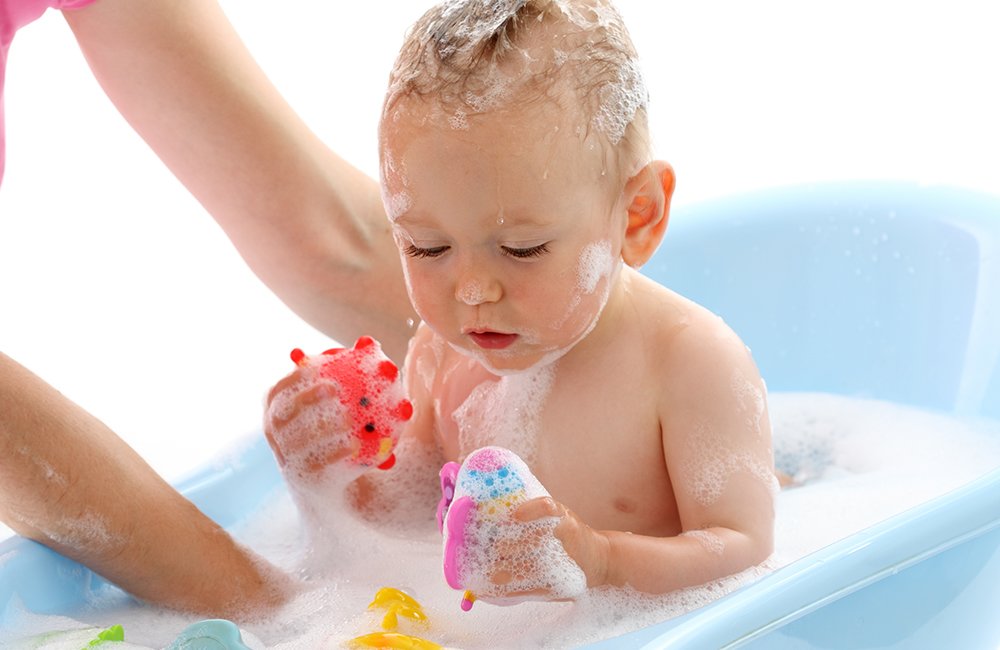
Supporting Your Toddler
Feeding & Sleep
Your toddler has probably transitioned into taking just one daytime nap at this stage. This means your day can now be roughly separated into morning, nap and afternoon. You may find your toddler has more energy and ready to try on new experiences in the morning. So, try to schedule playdates and activities in the morning.
It is likely that your toddler is getting most of his or her calories from solid foods at this stage. He or she should not be consuming more than 3 cups of cow milk. If your toddler is requesting more milk, it may be time to increase the portion size of your toddlers’ meals.
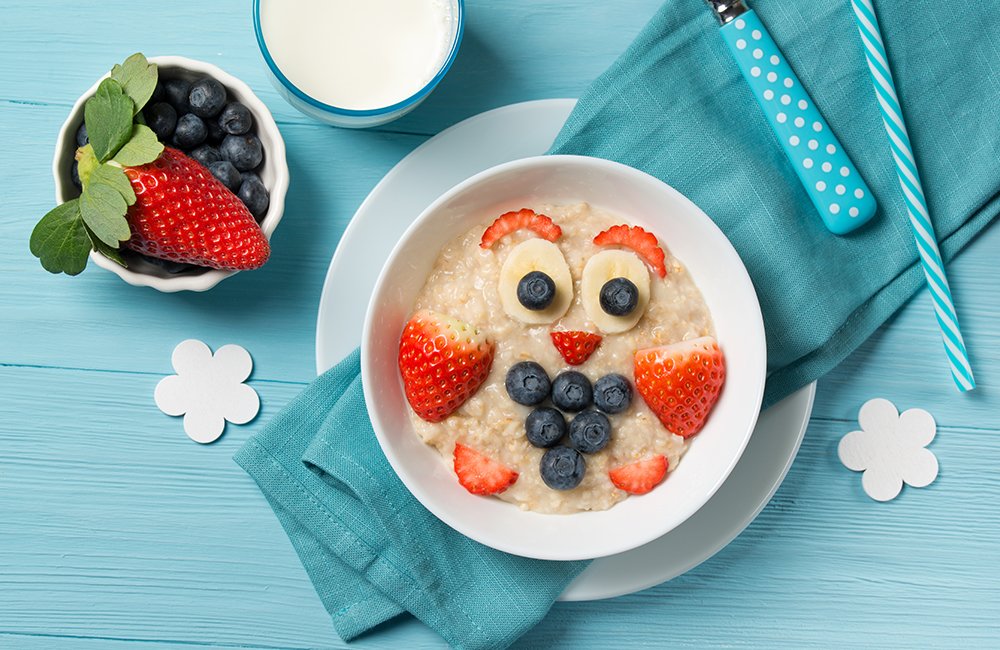
Mealtimes are likely still a messy affair. You may find that your toddlers food preferences change quite often. One day he or she may enjoy every food you offer, and another not be interested in anything at all. This is quite normal, and only thing to do is to keep offering your toddler a variety of different food types. Don’t hesitate to introduce new flavours and textures to your toddlers’ snacks and meals as well.
Your toddler should be getting 2 hours of sleep during the day and around 11 to 12 hours of sleep at night. If you have a climber, it may be time to move your toddler out of the crib to a mattress on the ground or a toddler bed to avoid accidents. Nightmares are also a common occurrence at this age, so consider having a night light in your toddlers’ room.

